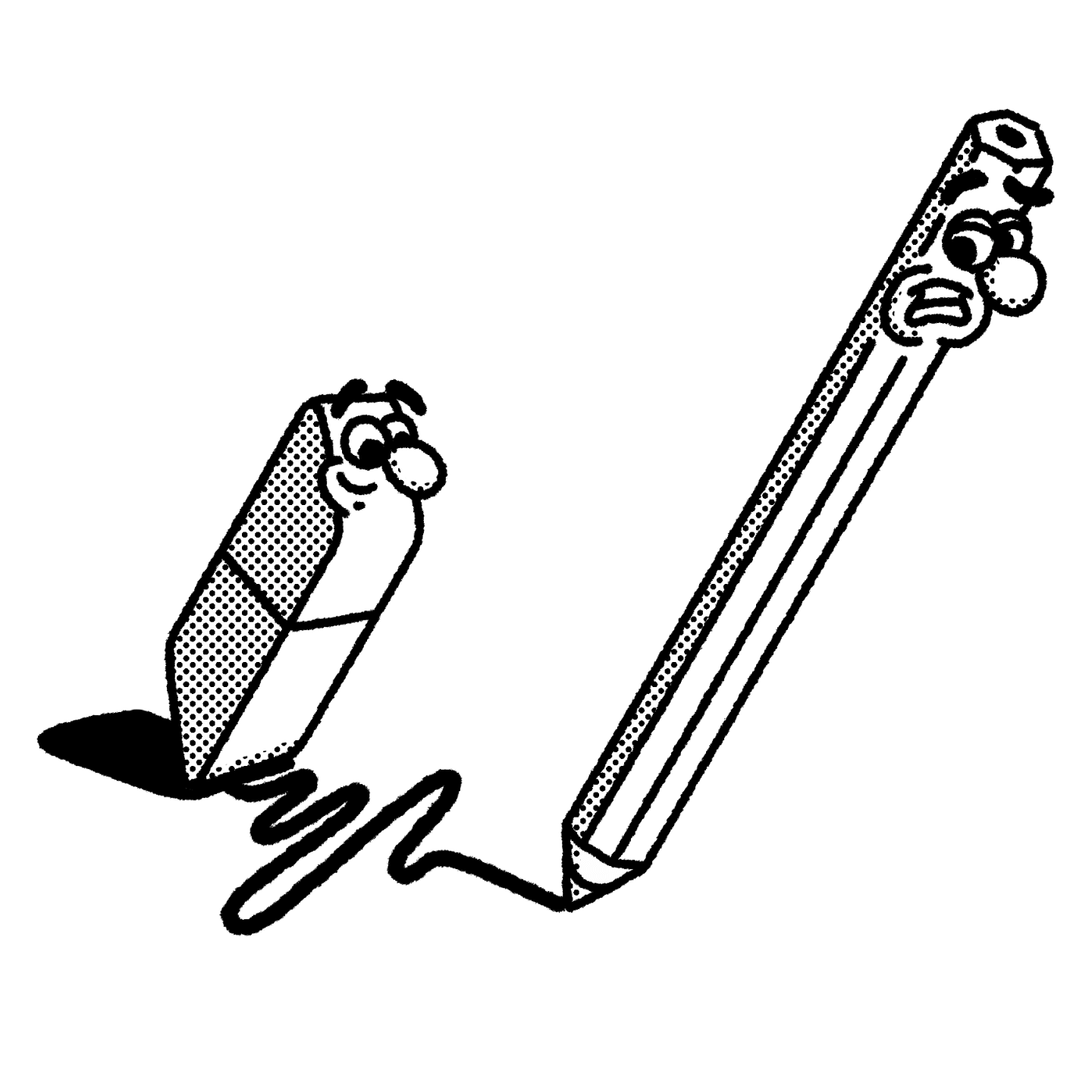What are the different types of deductibles?
There are different types of deductibles, but the two most common are flat-rate and percentage-based.
A flat-rate deductible is a fixed dollar amount, such as $500. When you file a claim, you pay the first $500 of the total cost.
For example, say you’re a contractor and a wall in the house you’re working on is damaged. It’ll cost $15,000 to fix. With a $500 deductible, you would pay the first $500, and your insurance company would pay the remaining $14,500 (up to the policy’s limits).
Percentage deductibles work, as you might expect, as a percentage of the total cost. For example, if that wall costs $15,000 to fix, and your deductible is 10%, you would have to pay $1,500, leaving $13,500 for your insurance company to cover.
Whether your deductible is flat-rate or percentage-based, remember this: it’s not a one-and-done deal. You have to pay the deductible for each occurrence or claim filed before your insurance company will cover the rest of the cost — at least until the cost reaches your insurance limits.
It’s important to note that different policies have different deductibles, and you should know what you owe before something happens.
For example, certain professionals like personal trainers or cleaners might have a $0 deductible on general liability insurance and a $500 deductible on professional liability insurance. It all depends on the business type and level of risk involved.
Or if you have a per-occurrence deductible vs. a per-claim insurance. A per occurrence deductible is like most auto or homeowners insurance you might be familiar with; you pay the $500, and that’s the max you’ll pay when something happens.
But if your deductible is per claim, that means a separate deductible gets applied to every claim filed in a single occurrence. If you’re a contractor working on an apartment or office building, you can see how one mishap affecting multiple parties could cost more than anticipated if multiple claims are filed (e.g., $500 x 10 claims = $5,000.)
If you’re unsure about what you have, doublecheck your policy. Find out which policy applies to which deductible, and how your deductible work and get yourself a little peace of mind.
How deductibles work at NEXT
Here at NEXT, we offer low deductibles to all our customers. We don’t charge a deductible for our general liability insurance policies, so you won’t need to worry about it.
Why is there a deductible?
We know what you’re thinking: “Wait a minute. I pay a monthly premium. Why do I have to pay a deductible?”
The simple answer? Deductibles keep people from filing lots of claims and making insurers pay for every little thing that might happen. Confused?. Let us explain.
Imagine if an insurance company offered auto insurance with a $0 deductible. That means for every little ding, dent or scratch, the insurance company would have to spend the time (and money) getting it fixed.
Not only would that company go broke really quickly, they also wouldn’t have the people or resources to quickly help someone whose car gets totaled.
By including a deductible, insurance companies ensure that they’re only getting claims from people who need real and immediate help or have damage serious enough to warrant paying the deductible first.
High or low deductibles, which is better?
This is one of those annoying “it depends on your circumstances” kind of answers, but it’s true.
When it comes to small business insurance, depending on your industry, a high deductible with a low premium may be the best course of action — of course, the opposite could be true.
When you look at the most dangerous jobs in America1, roofing comes in at No. 3, and construction comes in at No. 4. If you work in these industries, you probably already know that accidents are a matter of when, not if. So it makes sense to have a higher premium and a lower deductible. That way, should something happen, you won’t have to pay as much out-of-pocket costs for those big expenses.
On the other hand, if you’re a certified public accountant (CPA) or an architect (the 4th and 9th safest jobs in America2), accidents are highly unlikely. You may want to raise your deductible to lower your monthly premium cost and save money over the long term.
Deduct stress with NEXT
You have enough to worry about as a small business owner without having to weigh the risks of a high deductible against the benefits of a lower premium.
At NEXT, you get affordable premiums and low deductibles because we tailor our insurance policies for more than 1,300 small business professionals.
You can start a quote, customize your options and access your certificate of insurance online immediately — in about 10 minutes.













